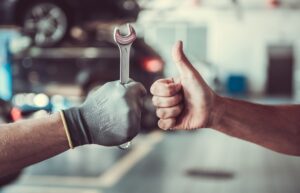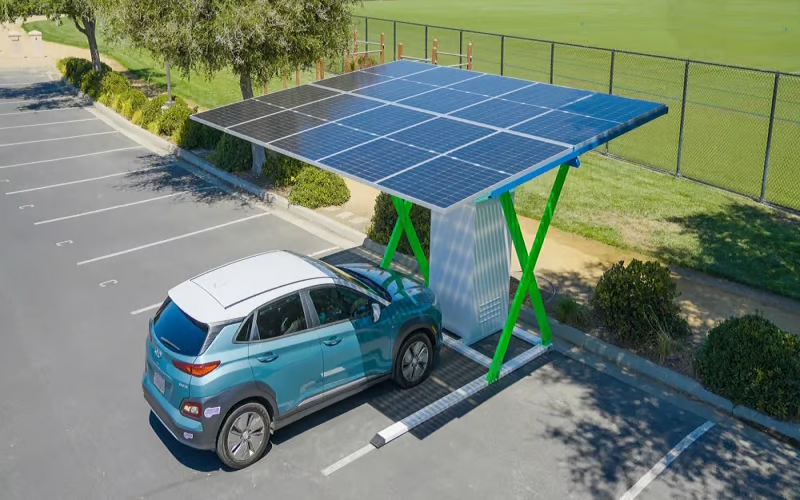Often the question mark of many people, the difference between torque and engine power is a notion that is sometimes overlooked when buying a car. However, it is one of the first criteria highlighted for the presentation of new cars. It is also a performance highly regarded by buyers. The notions of torque , power and horsepower are not new! However, we regularly hear a lot of data relating to the power of a vehicle: its torque, its speed of rotation, its power or number of horsepower… All present on the technical data sheets of the vehicles. So how do you find your way among all these values? Avatacarprovides you with details on the engine speed , the torque produced by the engine and the power generated by these two forces.
First, what is engine speed?
The engine speed is certainly the simplest of all. This is the rotational speed of the engine , expressed in revolutions per minute. You may often find it converted to radians per second. This measurement is the most used during calculations. For information: 1 revolution/min = 1/60 revolution/s = π/30 rad/s (1 revolution = 2. π rad). Everyone has already seen this value on the dashboard of their car, perhaps without even knowing it!. And yes, the rotational speed of your engine in rpm is indicated on your dashboard :
The lowest value recorded is that of your vehicle’s neutral point . It is between 600 and 900 rpm . On the other hand, the highest value can range from 5000 to 8000 rpm . This figure will of course vary depending on the model and engine of your vehicle. Your tachometer is used in particular to assess when you need to engage a higher gear or, on the contrary, downshift. The engine speed is managed differently depending on the engine . This is because a petrol will need a higher rev to shift up a gear. Conversely, adiesel will settle for a lower rev . The feeling of the underpowered or overpowered engine highlights this time the role of engine torque.
How to calculate engine torque?
Engine torque is the rotational force applied by a lever arm ( pistons ) to the crankshaft . It is calculated with the physical law of the lever arm : Torque = Force (N) x Distance (m) . The unit is the Newton meter ( Nm ).
It is the engine torque that allows the vehicle to move forward. When the engine speed is not in line with your torque and the engine is underpowered, you will have difficulty moving forward. This is called “lacking torque ”. On the other hand, in the event of engine overcharging , a greater quantity of air is delivered into the intake circuit. This makes it easier to change gears and therefore to obtain good acceleration and pick-up from your vehicle. Some vehicles, such as diesels, are more tolerant of engine speed. They are called “coupled vehicles”. With these vehicles, you won’t necessarily need to go high in the revs to get a good pick-up, unlike petrol ones which, for example, usually require more revs. The torque of diesel cars is on average higher than gasoline cars. As a result, their engines go slower but also wear out less quickly. As you will have understood, it is the torque that allows the vehicle to move forward, by driving the wheels and all the other components.
And the power, which is at the origin?
Power is simply the result of torque and engine speed . It therefore depends directly on these two forces. The faster the car’s engine spins, the more power it will have. Indeed, the power of the engine directly affects the speed of the car . The power of a car is expressed in Watts or, more commonly, in Horsepower or DIN Horsepower.
It is calculated as follows: Power (Watt) = Torque (Nm) x Speed (rad/s) As power is generally expressed in horsepower , the following conversion must be applied: 1 hp = 735.5 Watt. Thus: Power (hp) x 735.5 = Torque (Nm) x Speed (rpm) x π/30 Power (hp) = Torque (Nm) x Speed (rpm) / 7000 Regarding the average values of a vehicle, the maximum power can be between 50 and 200 horsepower . This value is the one that varies the most because it depends entirely on the model of the car! To conclude, the torque of a car is the value to look into, because it will determine the comfort of your ride. Power (hp)of a car can be high but its torque very low. This will force you to climb very high in the revs and to change gear to obtain good power (when overtaking for example). The play with the gearbox will be very regular. On the other hand, a car that already has a high torque will not particularly need to go very high in the revs to obtain good power . The speed of the vehicle will increase significantly once the foot is on the accelerator. As a result, the play with the gearbox will be less.
More details on engine torque production
Let’s see in a more concrete way how the torque of your car is physically produced. Torque is the energy produced when the fuel/air mixture explodes and drives the piston, connecting rod and crankshaft system.
A mixture of air and fuel, provided by the carburettor , is housed in the combustion chamber. It is then ignited by a spark produced by the spark plug , thus producing an explosion allowing the piston to move . It is this explosion that produces the very energy of the couple.



